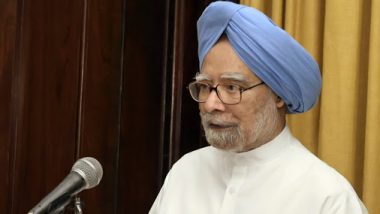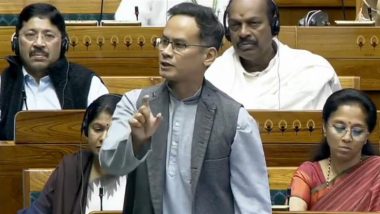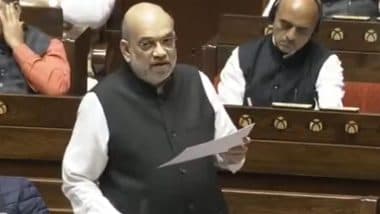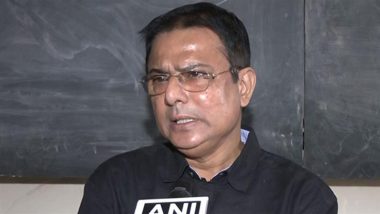Dr Manmohan Singh will celebrate his 87th birthday on September 26. Manmohan Singh, a renowned economist, served as the Prime Minister of India for 10 years from 2004 to 2014. He was born on September 26, 1932, in Gah (now in Pakistan) to Gurmukh Singh and Amrit Kaur. His family migrated to India during the partition of the country in 1947. Manmohan Singh is credited for saving the Indian economy in 1991 when he was finance minister. Manmohan Singh Blames 'Mismanagement' by Modi Government For Economic Slowdown, Urges Centre to Shun Vendetta Politics.
Manmohan Singh brought a policy commonly known as “LPG – Liberalisation, Privatisation and Globalisation” to strengthen the Indian economy. It opened the Indian markets for foreign investors. After the Congress-led United Progress Alliance (UPA) won the 2004 Lok Sabha Elections, Singh was named as Prime Ministerial candidate by Sonia Gandhi. During his tenure as the PM of India, important acts National Rural Employment Guarantee Act (NREGA) and the Right to Information Act were passed. DMK Denies Rajya Sabha Seat For Manmohan Singh, Congress Pins Hope on Rajasthan.
Here Some of Lesser Known Facts About Manmohan Singh:
- After the Partition of India, his family migrated to Amritsar, where he studied at Hindu College.
- Manmohan Singh studied Economics and got his bachelor's and master's degrees in 1952 and 1954 respectively from Panjab University.
- He completed his Economics Tripos at the University of Cambridge in 1957. In 1960, Manmohan Singh went to the University of Oxford for the D.Phil.
- In 1972, Singh was Chief Economic Adviser in the Ministry of Finance and in 1976 he was Secretary in the Finance Ministry.
- In 1982, Singh was appointed Governor of the Reserve Bank of India under then Finance Minister Pranab Mukherjee. He remained at the post till 1985.
- He became finance minister in 1991 during PV Narsimha Rao government. When he took charge of the ministry, India's fiscal deficit was close to 8.5 per cent of the gross domestic product. He introduced the LPG to reboot the Indian Economy.
- In 1993, Singh offered his resignation from the post of Finance Minister for not being able to anticipate a USD 1.8 billion securities scandal. However, Narsimha Rao did not accept his resignation.
- The former PM was first elected to the upper house of Parliament, the Rajya Sabha, in 1991 from Assam. He was also re-elected in 1995, 2001, 2007 and 2013.
- From 1998 to 2004, during the Atal Bihari Vajpayee’s government, he was the Leader of the Opposition in the Upper House.
- In 1999, Singh contested for the Lok Sabha from South Delhi but failed to win the seat.
His critics consider him as the weakest Prime Minister, but during his tenure anti-terror laws with amendments to Unlawful Activities (Prevention) Act (UAPA) were strengthened. The National Investigative Agency (NIA) was also formed after the 26/11 Mumbai terror attacks. It was during his tenure as the PM, Indo-US ties were strengthened. In 2008, India signed the Civilian Nuclear Agreement with the US.
Team LatestLY wishes Dr Manmohan Singh a prosperous and healthy life on his 87th birthday.
(The above story first appeared on LatestLY on Sep 25, 2019 06:46 PM IST. For more news and updates on politics, world, sports, entertainment and lifestyle, log on to our website latestly.com).



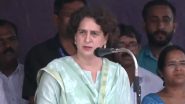



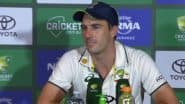





 Quickly
Quickly








